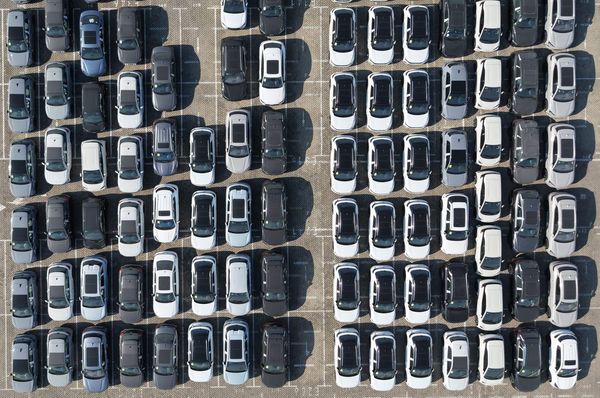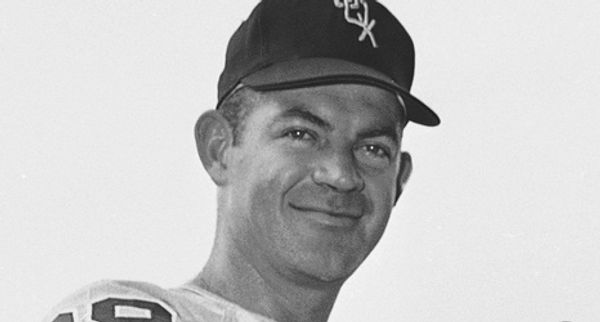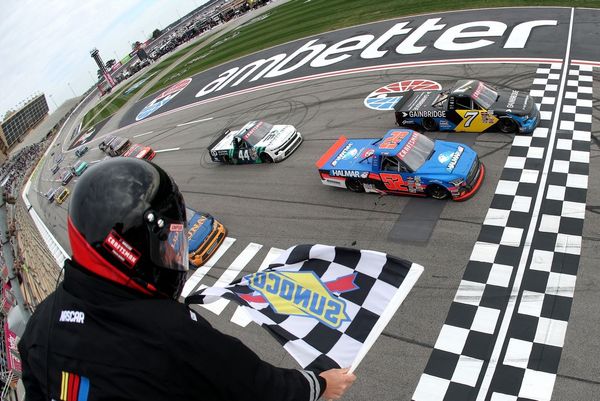
After years of historic drought in California, water recycling has become a pressing issue – but just how much can be done with what we’ve got?
A water-recycling company is seeking to answer that question, with help from a local brewery. The result is a beer made from wastewater, and I can tell you from personal experience that it’s pretty good.
Epic OneWater Brew, from Epic Cleantec and Devil’s Canyon Brewing Company, is made from greywater recycled from showers, laundry and bathroom sinks in a 40-story San Francisco apartment building, where Epic has onsite equipment to capture, treat and reuse water for non-drinking purposes.
You won’t find the beer for sale anytime soon. Epic has been open about the fact that it’s a “demonstration product”: the company’s goal is to get people talking about the possibilities of water recycling, and current commercial regulations on recycled drinking water are strict.
“We wanted to do something fun that was going to be an engaging tool to talk to people, to get them excited, but also that showcased the untapped potential of water reuse,” said Aaron Tartakovsky, Epic Cleantec’s co-founder and CEO. They opted for a kölsch: “We wanted to choose a beer that was going to be sort of more universally liked versus some of the more craft beers, like an IPA, that some people like, some people don’t.”
But how would beer from a giant apartment building’s wastewater actually taste? To find out, I sampled a four-pack of OneWater Brew. It was pleasant and, to recycle some terms I’ve heard beer people use, crisp and drinkable. There were no notes of shower or laundry. If this were served at a bar, I’d never guess where it came from.

Did other drinkers approve? “I think a lot of people, initially and understandably, were skeptical about the project or were hesitant to try it, but I would say 99% who came in feeling a little bit apprehensive, once they tried it, got really excited,” Tartakovsky said. In fact, making beer with Epic’s water – whose safety is tested in an outside lab as well as onsite – comes with a perk. “A lot of times at a brewery, you turn on the tap and whatever water you get, that’s what you brew with. In our case, we have so much control over the treatment process that we were actually able to treat to tweak some of the steps to give the brewers a blank canvas.”
In the future, he expects plenty of companies to make similar potable products and sell them – but not quite yet. In terms of turning greywater into drinking water, “that’s not a problem at all, technologically speaking. We could do that next week,” he said. “The real challenge is just making sure that we are on the same page with the regulators. We want to make sure we’re always on the same page, because at the end of the day, their job is to protect public health.”
In the meantime, companies like Epic are tackling the issue in other ways. The company is running the first approved greywater recycling system in San Francisco, where buildings erected after 1 January 2022 are required to install onsite water reuse systems. Epic’s system at Fifteen Fifty, the 40-story apartment building in the city’s SoMa neighborhood, is built to recycle 7,500 gallons a day, or 2.5m gallons a year, according to the CEO.
“We’re going into these buildings, which globally use 14% of all water, and almost none of them reuse that water. And we are helping these recycling projects reuse up to 95% of their water,” Tartakovsky said.
And recent downpours across California haven’t eliminated the need for such projects, Tartakovsky said. “There’s a perception that because of all the rain, we’re out of the woods when it comes to water, but I think the reality is we were given a bit of a lifeline – by no means is this a permanent fix,” he said.
“We’re in the 21st century, with all the technological capabilities that we have at our disposal. The fact that we are still reliant on whether or not it rains to know if we’ll have enough water for our communities is a problem.”







